
Joseph Alvarnas, MD
Articles by Joseph Alvarnas, MD




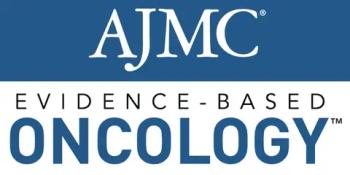



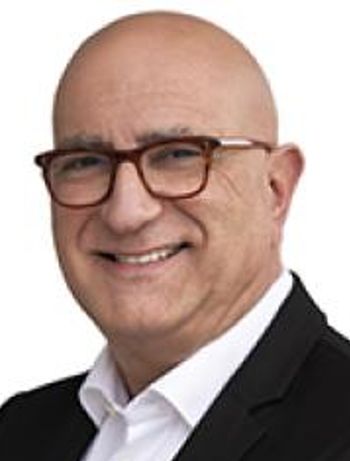
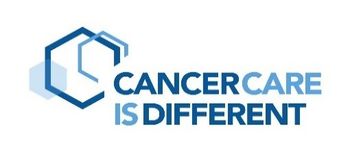
The new law will expand access for Medi-Cal patients who receive a complex cancer diagnosis and represents a critical first step in fulfilling the promise of the California Cancer Patients Bill of Rights, a resolution adopted by the legislature in 2021.
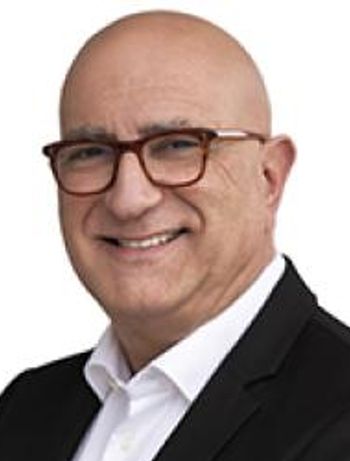
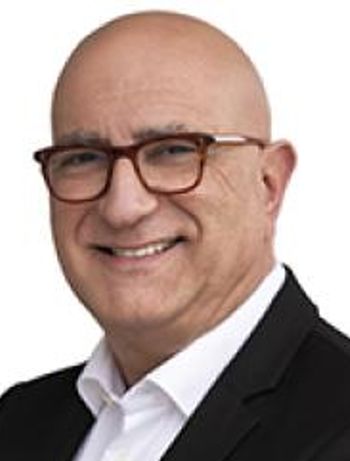

From the editor-in-chief of Evidence-Based Oncology.

The president’s aim is a 50% reduction in age-adjusted cancer deaths by 2047. This goal seems audacious, but it is likely achievable.

Truth is ever to be found in simplicity, and not in the multiplicity and confusion of things.


"No matter where you go, there you are." Buckaroo Banzai



In this issue of Evidence-Based Oncology™ we see a foreshadowing of what the future of cancer care innovation could look like and how we may learn to move forward, safely, at an ever-accelerating pace.

Employers have the focus, innovative mindset, analytical tools, and drive to partner effectively with innovative cancer care entities to bring better care to their respective members.
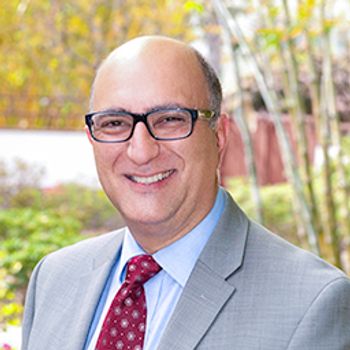
Creativity is just connecting things--Steve Jobs
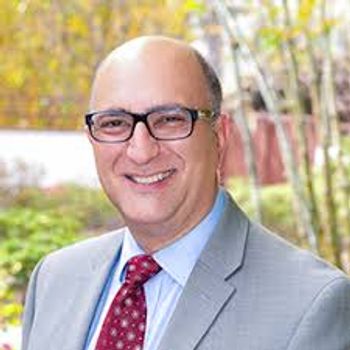
From the Editor-in-Chief, Evidence-Based Oncology, August 2020.

As I recall the early days of the HIV/AIDS pandemic, what stands out most is its profound human cost and the courage of those who helped our society transcend it. We are in the midst of a time in which the human toll of COVID-19 and the enormity of the path ahead are clear.

References: Humility and Hope: Evolution of the HIV Pandemic, From ART to Today’s Cancer Cures

The connections between cancer and HIV/AIDS became clear relatively early in the HIV/AIDS pandemic and continue to this day. Not only were opportunistic infections present in a majority of HIV-infected patients who met the initial diagnostic criteria for AIDS, but several cancer types were far more prevalent as well. While there is still much to understand before HIV is fully conquered, we have already learned a great deal about the pathobiology of this virus that has helped advanced immune-oncological technologies and led to the development of increasingly effective gene therapy delivery systems.

From the editor-in-chief of Evidence-Based Oncology™.

Dr Alvarnas is editor-in-chief of Evidence-Based Oncology.™ He is vice president of Government Affairs, senior medical director for Employer Strategy, and associate clinical professor, Hematology & Hematologic Cell Transplantation, City of Hope, Duarte, Califonia.

Dr Alvarnas is editor-in-chief of Evidence-Based Oncology.™ He is vice president of Government Affairs, senior medical director for Employer Strategy, and associate clinical professor, Hematology & Hematologic Cell Transplantation, City of Hope, Duarte, Califonia.

Reality seems so simple. We just open our eyes and there it is. But that doesn’t mean it is simple. Penn and Teller
Latest Updated Articles
 Employers: Innovators and Partners in the Delivery of More Effective and Equitable Cancer Care
Employers: Innovators and Partners in the Delivery of More Effective and Equitable Cancer CarePublished: December 24th 2020 | Updated:
 Where Myths Go to Die
Where Myths Go to DiePublished: August 17th 2020 | Updated:
 We Need a Cancer Patient Bill of Rights
We Need a Cancer Patient Bill of RightsPublished: April 18th 2022 | Updated:
 California Takes a Step Toward Bringing Equity in Cancer Care
California Takes a Step Toward Bringing Equity in Cancer CarePublished: October 22nd 2022 | Updated:
 Flying the Plane While You Build It
Flying the Plane While You Build ItPublished: February 16th 2021 | Updated:
 Connecting the Dots
Connecting the DotsPublished: October 30th 2020 | Updated:



